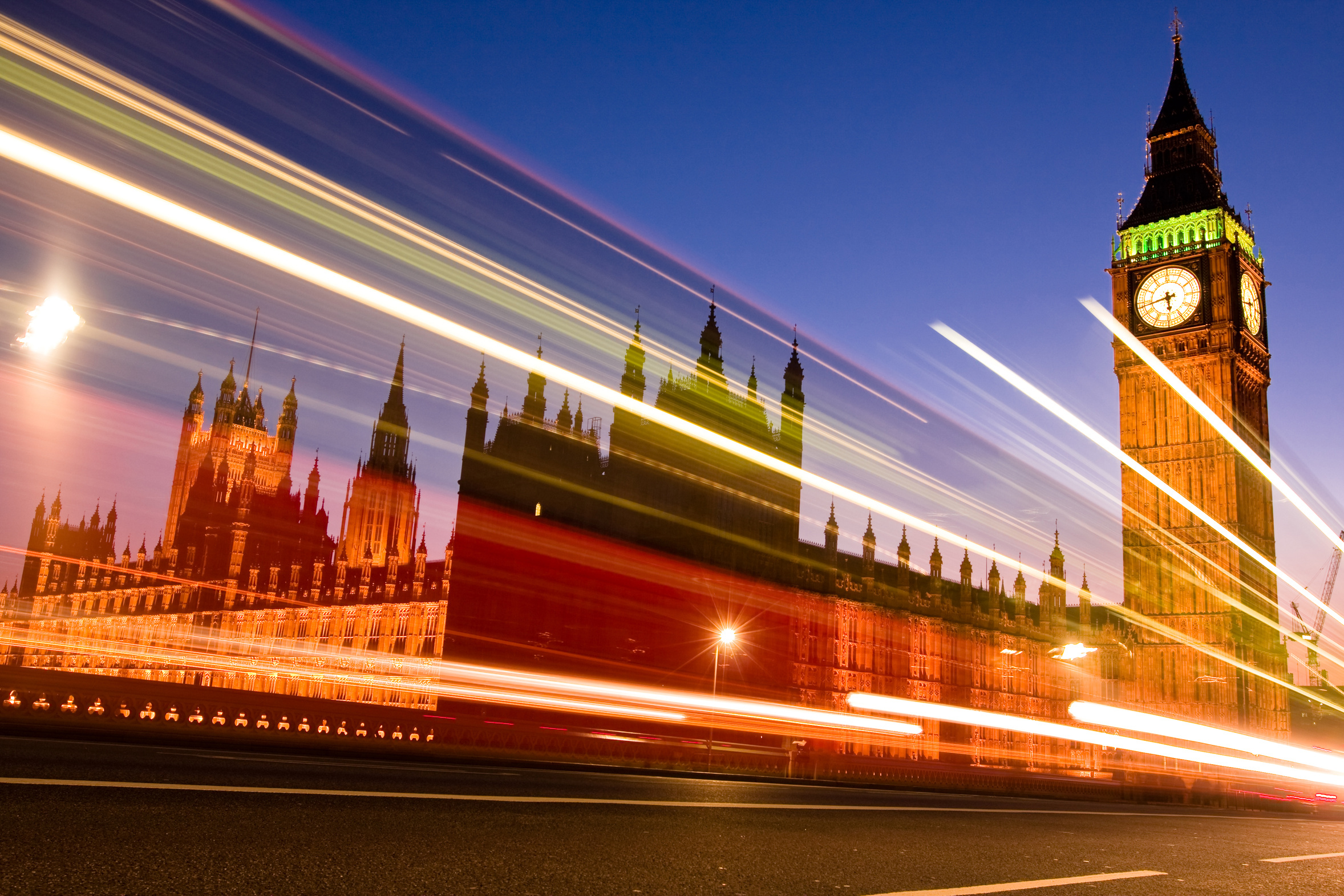Lords let Digital Economy Bill head to MPs
While one controversial aspect of the bill has been slightly softened, some fear MPs will rush it into law without fixing the rest.


The House of Lords has signed off on the Digital Economy Bill, leaving it to the Commons to approve amendments including a one that would knock websites offline for hosting illegal content.
The bill introduced the prospect of cutting off the connections of illegal file sharers, as well as a 2Mbps broadband promise.
The Lords removed plans in Clause 17 that would have allowed changes to copyright law without going to parliament, but have in its place introduced an equally controversial amendment, which would allow the government to take sites entirely offline for hosting copyrighted materials.
The Liberal Democrats originally introduced the changes, which were found to be nearly entirely written by music industry group BPI. In the final reading of the bill, the Lib Dems slightly watered down the amendment, allowing for appeals.
That section, Clause 17, was set aside by the Lords to be introduced in the bill in the House of Commons, via a move called the "wash up" procedure, which has some campaigners arguing it's being slipped in after not being debated by the Lords.
The House of Lords also refused to include an amendment by Lord Erroll that looked to create a better way to deal with broadband complaints. It was dropped without any debate.
With an election looming, the Labour government is expected to try to get the bill passed quickly.
Get the ITPro daily newsletter
Sign up today and you will receive a free copy of our Future Focus 2025 report - the leading guidance on AI, cybersecurity and other IT challenges as per 700+ senior executives
Open Rights Group's director Jim Killock said it's now too late to improve the bill, and the only option is to "get rid of it."
"The problem is that this could now go to the Commons, and because of the budget it could be pushed through to a second reading which will mean it gets debated for a total of an hour," he told the Guardian.
He added that it's "now too late to do anything about this bill except get rid of it. We are calling on people to complain vociferously about it because the disconnection policies in it are still flawed."
Freelance journalist Nicole Kobie first started writing for ITPro in 2007, with bylines in New Scientist, Wired, PC Pro and many more.
Nicole the author of a book about the history of technology, The Long History of the Future.
-
 Enterprises face delicate balancing act with data center sustainability goals
Enterprises face delicate balancing act with data center sustainability goalsNews High energy consumption, raw material requirements, and physical space constraints are holding back data center sustainability efforts, according to new research from Seagate.
By Emma Woollacott
-
 Cleo attack victim list grows as Hertz confirms customer data stolen
Cleo attack victim list grows as Hertz confirms customer data stolenNews Hertz has confirmed it suffered a data breach as a result of the Cleo zero-day vulnerability in late 2024, with the car rental giant warning that customer data was stolen.
By Ross Kelly
-
 Starmer bets big on AI to unlock public sector savings
Starmer bets big on AI to unlock public sector savingsNews AI adoption could be a major boon for the UK and save taxpayers billions, according to prime minister Keir Starmer.
By George Fitzmaurice
-
 UK government targets ‘startup’ mindset in AI funding overhaul
UK government targets ‘startup’ mindset in AI funding overhaulNews Public sector AI funding will be overhauled in the UK in a bid to simplify processes and push more projects into development.
By George Fitzmaurice
-
 UK government signs up Anthropic to improve public services
UK government signs up Anthropic to improve public servicesNews The UK government has signed a memorandum of understanding with Anthropic to explore how the company's Claude AI assistant could be used to improve access to public services.
By Emma Woollacott
-
 The UK’s AI ambitions face one major hurdle – finding enough home-grown talent
The UK’s AI ambitions face one major hurdle – finding enough home-grown talentNews Research shows UK enterprises are struggling to fill AI roles, raising concerns over the country's ability to meet expectations in the global AI race.
By Emma Woollacott
-
 US government urged to overhaul outdated technology
US government urged to overhaul outdated technologyNews A review from the US Government Accountability Office (GAO) has found legacy technology and outdated IT systems are negatively impacting efficiency.
By George Fitzmaurice
-
 Government urged to improve tech procurement practices
Government urged to improve tech procurement practicesNews The National Audit Office highlighted wasted money and a lack of progress on major digital transformation programmes
By Emma Woollacott
-
 Government says new data bill will free up millions of hours of public sector time
Government says new data bill will free up millions of hours of public sector timeNews The UK government is proposing new data laws it says could free up millions of hours of police and NHS time every year and boost the UK economy by £10 billion.
By Emma Woollacott
-
 Online Safety Act slammed by rights groups as bill gains royal assent
Online Safety Act slammed by rights groups as bill gains royal assentNews The Online Safety Act has been described as a veiled attempt to secure access to encrypted messages
By Rory Bathgate